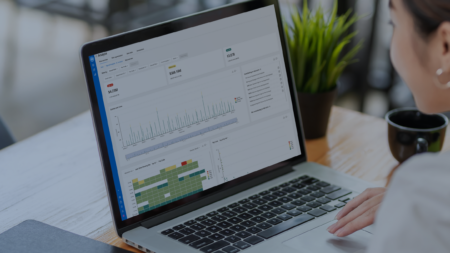The role and quality of audit have been under the spotlight in recent years following a string of high profile business failures – and the economic implications of COVID-19 have reinforced the need for change. From the initial economic freefall to the role of government financial support and the slow climb back towards business as usual – albeit in many cases based on fundamentally different models – balance sheets are fragile.
Audit plays a vital role in safeguarding not only investors’ money but also an organisation’s wider stakeholders, including employees. Yet with traditional methodologies and outdated technologies, few auditors have the opportunity to identify balance sheet frailties in a time frame that will enable critical remedial action to be taken.
A strategic change in the audit process is essential; a move from outdated, rules-based audit to a methodology focused on proactively identifying and managing risk. Shifting from an annual audit process that can only report after the fact to a near continuous, data driven approach will enable rapid, actionable insight. Stuart Cobbe, Director of Growth, Europe, MindBridge outlines the role of artificial intelligence, machine learning and risk-based audit in rebuilding faith in audit and providing businesses with tangible business value.




